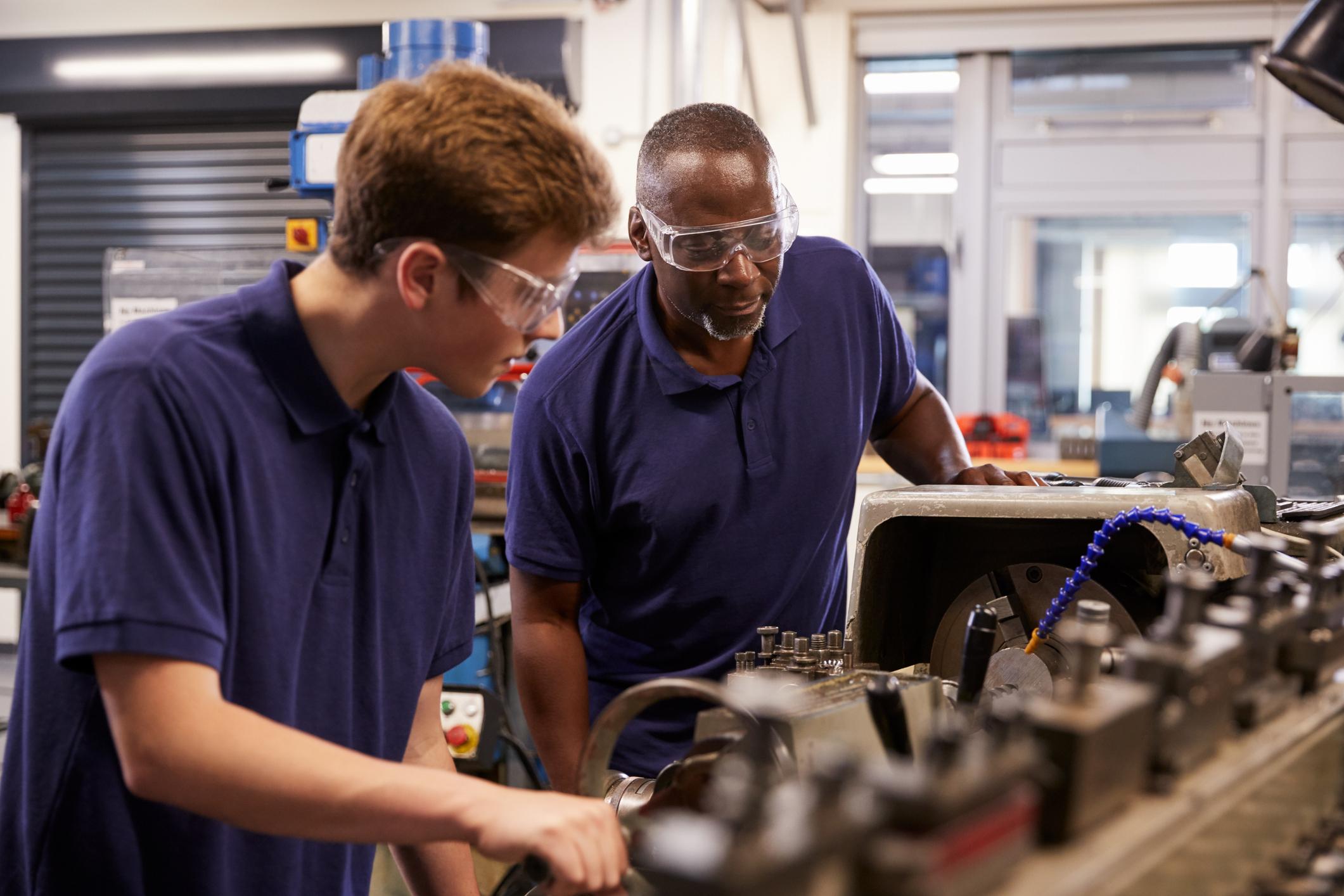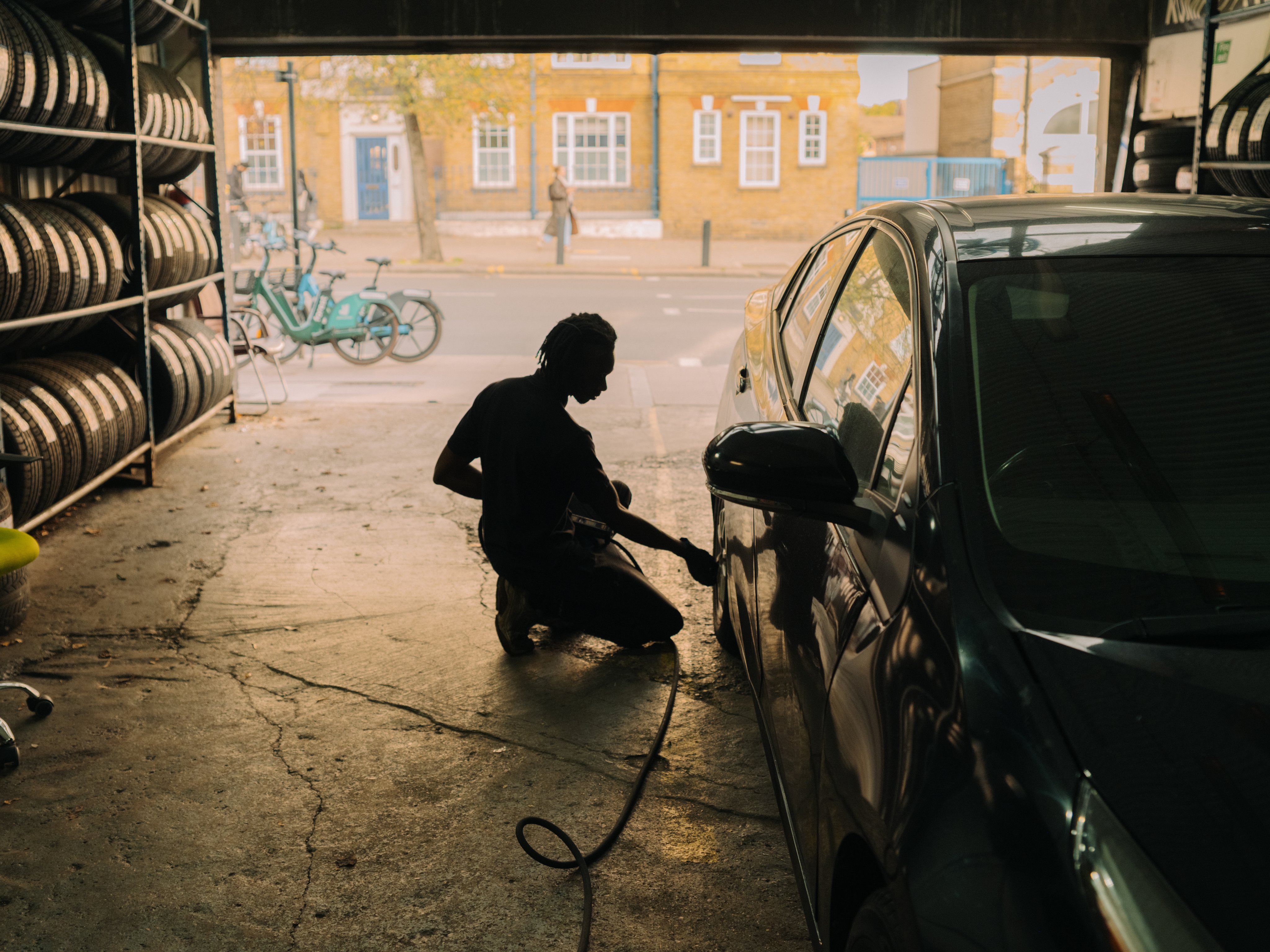
Jobs that work: Paving the way for good jobs through participatory co-design
We outline the process of our participatory co-design project: lessons learned, key reflections, and how bringing together different forms of expertise has given us a richer understanding of the problems of in-work poverty, and a set of solutions we designed together.
Our job should be something we can be proud of – something where we truly get out what we put in – but for too many people, jobs are not working. At the same time, there is still too little space for people to shape policy solutions to issues that directly affect them, or to take part in policy development and advocacy work as active agents for change, rather than as case studies.
This is why JRF embarked on a two-year participatory co-design project, developing solutions to in-work poverty alongside people who have direct experience of poor-quality work. Through a process of discussion, evidence gathering and deliberation, together we have developed a set of policy solutions focused on secure work, flexible work and fair enforcement of employment rights, for Government to deliver through an Employment Bill.
Key recommendations:
- introducing new rights to more secure work so people can plan their family life and finances,
- making flexible working the default from day one of employment and reconsidering the business exemptions for refusing a request, so that jobs work around caring responsibilities and health needs,
- doubling the number of labour market enforcement inspectors to make sure the new single enforcement body (SEB) fulfils its potential to prevent bad employers from getting an unjust advantage by undercutting good ones.
These new rights are grounded in lived and learned experience, and our shared goal of making jobs work for people on low incomes.

This report is part of the work topic.
Find out more about our work in this area.

